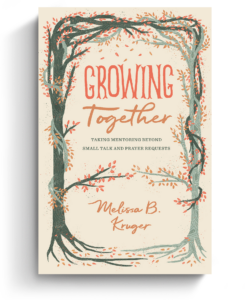
Don't Minimize the Reality of Pain and Suffering
Suffering is a complex experience that evokes both negative emotions like fear, dread, and anger, as well as positive qualities like courage, strength, and faith.
While we often try to find meaning in our suffering through various explanations - like God teaching us something or disciplining us - we shouldn't rush to assign purpose to our pain. Suffering represents a taste of death and the impact of sin. We must first acknowledge genuine grief before we can fully appreciate how Jesus enters into our pain and brings redemption.
Suffering itself has no inherent meaning - it only takes away and destroys. However, through Christ's presence in our suffering, difficult experiences can become sacred moments. This doesn't mean the suffering itself is good, but rather that Jesus can transform it through His redemptive power.
The key is not the pain itself that transforms us, but Christ's presence within it. As Paul wrote in 2 Corinthians 4:16-18, while our outer self wastes away, our inner self is renewed daily through affliction as we focus on eternal rather than temporary things.
When facing dark times, we can find holy ground - not because of the suffering, but because we experience Jesus's transforming presence through it. He enters our pain with nail-scarred hands and redeems what was meant for evil.

Book cover: Growing Together
We need community during suffering. For those seeking spiritual mentorship or wanting to guide others, resources like "Growing Together: Taking Mentoring Beyond Small Talk and Prayer Requests" by Melissa Kruger can help foster meaningful relationships that promote spiritual growth for both mentors and mentees.
Sarah Walton is the author of The Long Road Home and Tears and Tossings. She is the coauthor of He Gives More Grace, Hope When It Hurts, and Together Through the Storms. Sarah is a mom of four children and lives with her family in Colorado Springs, Colorado. She blogs at Set Apart.
Related Articles

The Glory of Expiation: How Christ Removes Our Sins Forever

